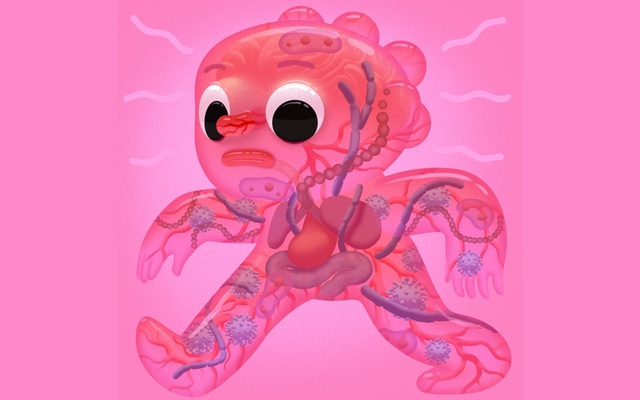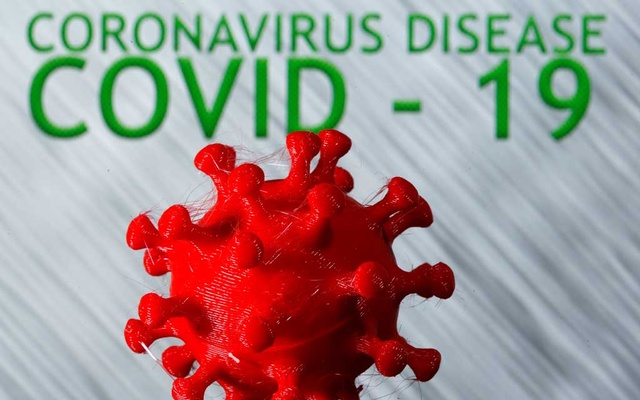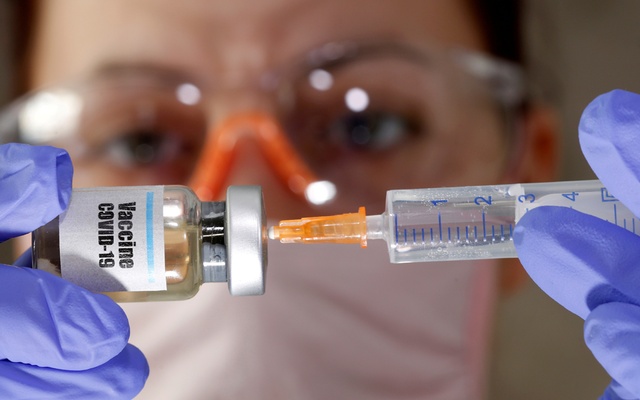
I’ve had a lot of questions about this rash, the most pressing being, Where could it have come from? I always thought that bacterial infections were spread by germy kids on the school playground, but my daughter’s rash showed up a month after her last day of school. It turns out I’m not the only parent who’s been shocked by seemingly impossible infections this spring. Months into isolation, parents have told me that their kids have come down with mystery fevers, strep throat, lice, pinworms and roseola.
“We were in total isolation, and Lucy woke up with a fever of 102 and was throwing up. Very lethargic,” said Maggie Gallant Isenberg of her 3-year-old daughter. “I took her to the paediatrician and he said she was, like, the fourth kid that day who was in his office with a virus that wasn’t COVID.” Isenberg, who lives in Atlanta, also has two stepchildren, ages 10 and 14.
As it turns out, kids are still getting sick at home for a variety of reasons — and quarantine-induced behaviours, as well as the coronavirus itself, might actually increase the risk for certain conditions, such as Lyme disease and diabetes. Still, paediatricians say they’re seeing fewer sick patients overall, and they’re especially seeing fewer patients with infectious diseases.
“Social distancing and quarantining work, broadly and effectively, for preventing many things that would otherwise happen when kids congregate,” said Dr Brad Sobolewski, a pediatric emergency medicine physician at Cincinnati Children’s Hospital Medical Center.
Even so, doctors are probably not aware of the full spectrum of health issues kids are experiencing, because many families who would have taken their children to the doctor in the absence of a pandemic are, instead, staying home and crossing their fingers that their children will get better on their own.
“People just aren’t going in to see their health-care providers as often as they have been in the past,” said Dr. Yvonne Maldonado, a pediatric infectious diseases physician at Stanford University and chair of the American Academy of Pediatrics’ Committee on Infectious Diseases. Even accounting for phone calls and telemedicine visits, which have certainly gone up, some paediatricians say that contact with parents during the pandemic has dropped overall.
MANY INFECTIONS COME FROM WITHIN
If you’re wondering how your kid can get sick while isolating, keep in mind that many infections are caused by germs that naturally live inside our bodies and sometimes end up in the wrong place at the wrong time.
“For whatever reason, these organisms can reach the back of the throat, they can get into the bloodstream, they can enter breaks in your skin and you can become infected, even if you’re not around others,” Maldonado said.
When Karen Benavidez’s 3-year-old daughter developed scabs on her face two months into the coronavirus quarantine she didn’t think much of it, until a neighbour told her that the scabs looked like impetigo, a bacterial skin infection.
“I was expecting to have a healthier than normal spring since we were all at home and being so careful,” said Benavidez, who lives in Tallahassee, Florida, and also has an 8-year-old son. “I could not figure out how she could have been exposed.”
When she brought her daughter to the paediatrician, the doctor explained that the bacteria that cause impetigo — typically staphylococcal or streptococcal bacteria — can live in people’s noses and then inadvertently infect the skin through cuts or scratches. Ear infections, pneumonia boils and urinary tract infections can also be caused by “normal” bacteria that have migrated to the wrong place.
Many infections and infestations also have long incubation periods, meaning it takes a while from the time a child is exposed until they start showing symptoms. The incubation period for scabies, for instance, can be as long as eight weeks. Lice, too, can take quite a while to populate a head; often it’s just one or two that migrate over, then they have to lay eggs, which incubate for 10 days before hatching and take another 10 to 15 days to grow into adults. Plus, kids may not even notice their lice for as long as six weeks, as it can take that long for them to become sensitized to the lice saliva and start to feel itchy. So if your child has just started scratching their scalp and you discover lice, it’s possible they’ve been there for some time.





